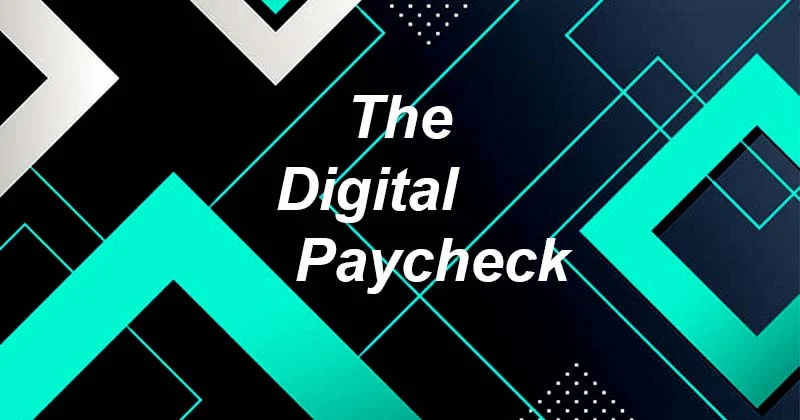Kenya, one of the largest markets for Worldcoin, a startup striving to build a “human identity and financial network” through iris scans & cryptocurrency, has suspended the company’s activities within its borders.
A Ban Due to Authenticity, Legality and Public Safety Concerns
The Ministry of the Interior has cited concerns about Worldcoin’s “authenticity and legality”, particularly in relation to security, financial services and data protection. The suspension applies to Worldcoin and other similar companies operating in Kenya, pending an official investigation.
The decision to suspend Worldcoin’s activities in the country aims to protect Kenyan citizens until it is ensured that these operations pose no risk to the general public.
From Expansion to Suspension
Worldcoin had a significant presence in Kenya, with at least 18 venues known as “Orbs” (the company’s mirrored iris-scanners) where Kenyans could register and verify their World ID.
This situation changed when Kenyan authorities grew concerned about the large numbers of citizens participating in the program.
Ongoing Investigation
Security, financial service and data protection agencies in Kenya have begun investigations into the authenticity and legality of Worldcoin’s operations. This investigation also includes an examination of the safety and protection of the data collected by Worldcoin & how this data is being utilized.
The Future of Circulating Worldcoin Tokens in Kenya
With the suspension, the fate of circulating Worldcoin tokens in Kenya remains uncertain. These tokens have already become a part of the unregulated cryptocurrency grey market in Kenya, raising even more concerns among the authorities.
Unanswered Questions
The move to suspend Worldcoin operations leads to questions about why Kenyan authorities did not anticipate these problems sooner.
Kenya was one of the first countries to allow Worldcoin to operate and despite the current issues, it seems that the government is now reconsidering its decision in the interest of public safety and financial integrity.
Data Commissioner’s Assessment
Kenya’s office of the Data Commissioner had already been assessing Worldcoin’s practices within the country to ensure compliance with local laws, even before the suspension.
Exploitation Concerns
There are increasing concerns about Worldcoin’s methods. Critics suggest that the promise of free cryptocurrency could be exploiting economically-disadvantaged people, which, coupled with the questions around data privacy, makes Worldcoin’s business practices controversial.
Worldcoin currently operates in more than 30 cities with over three million users, having enrolled half a million people in the last week.
However, as seen in Kenya, the company’s future may be marked by increasing scrutiny and regulatory challenges.



